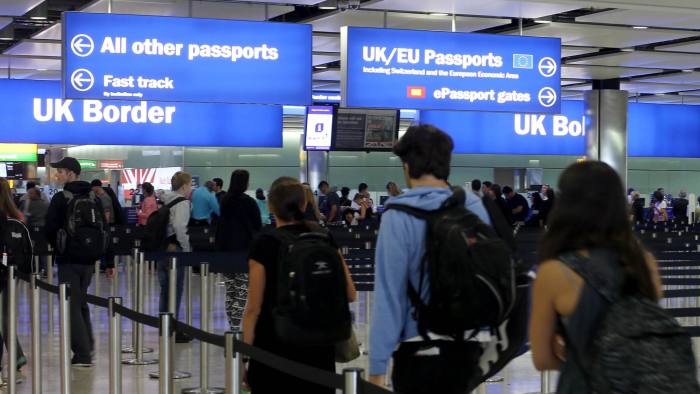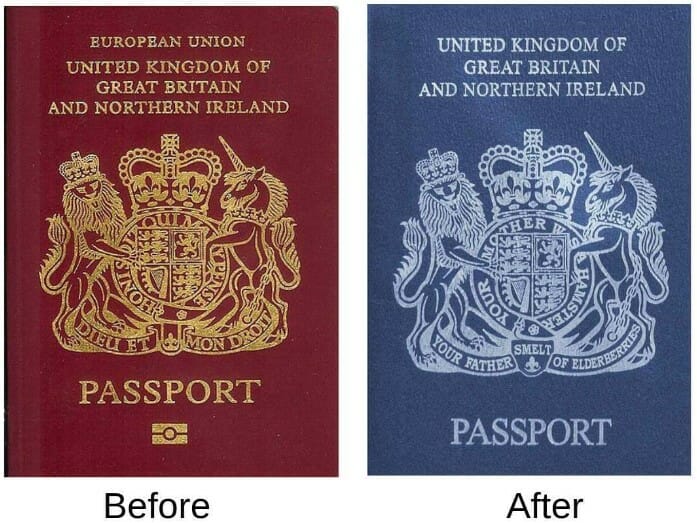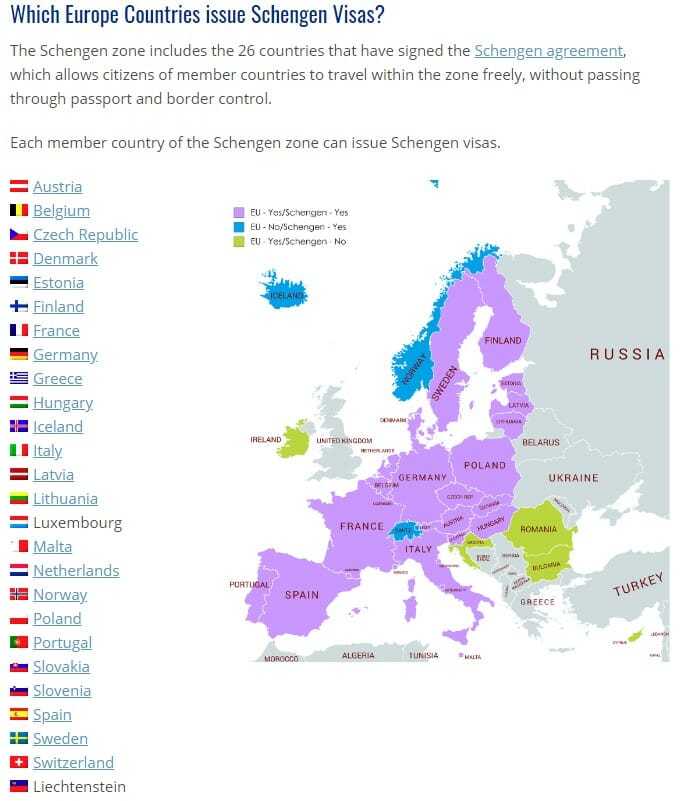January 31, 2020 marked the exit of the UK from the European Union. This is not the end of the process for UK citizens traveling through Europe. This is just the beginning of a transition period to be completed by the end of the year. During this period, the UK will negotiate over trade, security and immigration. If a deal is not reached by December 31, 2020, the UK will again be looking at a “no-deal” Brexit. For now, it is business as usual.
These changes in no way affect visitors from countries outside of the UK. For citizens of the United States, these changes will have no effect.

How It Works Now
During the period of EU membership and until the end of this year, British citizens could travel through the Schengen member countries without a visa. They can continue to use the EU/UK passport with the red cover during the transition period. This means that UK citizens were not required to:
- Have a visa,
- Have at least six months remaining passport validity and
- Have evidence of a “return ticket”.
UK had UK/EU passports with a red cover. Now, they will have to replace this passport with the UK passport with a blue cover.

From www.gov.uk
The new blue passport design will start being issued from early 2020.
Blue passports will be phased in over a number of months. If you renew your passport during this initial period, you may be issued with either a blue or a burgundy British passport. All styles of passport will be equally valid for travel.
All British passports issued from mid-2020 will be blue.
What Is Schengen?
The Schengen agreement was signed in Schengen, Luxemburg in 1995 to allow free travel between member countries without a visa. There are 26 member countries of various levels of membership within Schengen. The Schengen member countries makeup almost 1.7 million miles of common border and cover more than 400 million citizens. Citizens of non-Schengen countries could apply for a 90-day Schengen visa for tourism or business purposes. In April, 2019, the European Parliament agreed to a deal for UK citizens to travel visa-free for up to 90 days in a 180-day period.

Now it is time to renegotiate for what happens after the end of this year. It is unclear at this time what will happen to the “freedom of movement”. It is unlikely that much will change for visitors looking to stay in Europe for less than 30 days.
Changes to Airports and Seaports
Depending on what happens in negotiations between the EU and UK, there could be a change to who uses which passport lines upon entry and face additional checks. This would ultimately create more delays in the immigration process. Travelers entering the UK using EU ID cards may have to use their passports for entry.
Driving From The UK To The EU
If you are taking a ferry or the “Chunnel” to Europe, things will remain the same for now. Official UK government advice to UK citizens indicates that drivers may need to obtain an International Driving Permit and that different documents may be required depending on the countries they are traveling to. Additionally, UK drivers may need a special “green card” from their insurance company along with a GB sticker on the car bumper. Other necessities such as a i751 petition may also be vital for travel purposes. Then you should also have a look at these maps if you are looking for things to do locally, as it’s just great.
Health Coverage For UK Citizens When Traveling In Europe
The European Health Insurance Card (EHIC) guarantees cardholders access to free medical care. What happens next year? Official UK guidance is saying that after Brexit, European Health Insurance Cards may no longer be valid. It is doubtful that the UK will remain a part of the EHIC system. If that is the case, UK travelers will need a comprehensive insurance policy that will cover them outside of the UK. EHIC covers pre-existing conditions and those suffering from long-term illnesses. UK citizens will need to ensure that they acquire an appropriate level of coverage.
Cell Phone Roaming Charges
There currently is an agreement that outlaws excessive roaming charges for European citizens using cell phones within Europe. There is no change at this time and the certainty of the UK’s future relationship is in question. A lack of an agreement could re-introduce roaming chargings. According to an official UK website – “After Brexit, the guarantee of free mobile phone roaming throughout the EU, Iceland, Liechtenstein and Norway will end”.
Final Thoughts
The UK did exit the European Union on January 31, 2020 but that was only the beginning. Did the people that voted for Brexit consider the far-reaching ramifications behind it? For 2020, travel between the UK and the EU will remain the same. As you can see, there is a lot to be worked out in wide-ranging negotiations this year. What will happen to travel between the regions beyond 2020? It will be interesting to see what happens with the rules of travel from that effect so many people.




